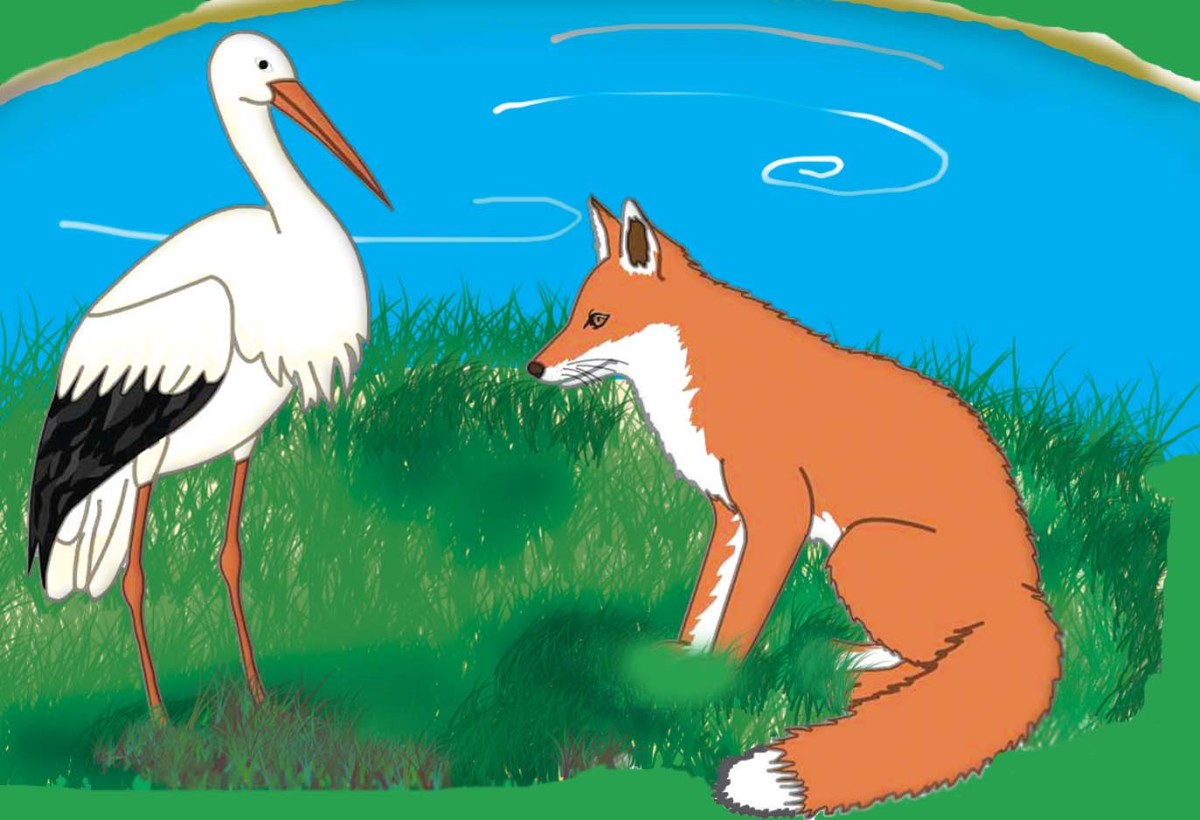Adultification

What is the adultified child?
The adultified child is one that grew up too soon. They are a small adult. The precocious child, or the mature-for-their-age child is not necessarily an adultified one, for it might just be in their nature. The adultified child has become what they are because they must.
Types of Adultification
Adultification comes in different forms, such as parentification, peerification, and spousification. All three have differences and similarities. It is possible to experience only one form, or to experience all forms at once.
Parentification
“Parentification refers to an experience whereby children take on adult roles in childhood.” (Williams, ‘Examining the Construct of Childhood Parentification: An Empirical Investigation’)
Parentification is a form of adultification; the child is taking on an adult role - that of a parent. A common form of parentification is one child being expected to care for other children. Often, this will be the eldest sibling caring for younger ones. For example, the oldest child might be expected to make meals for younger siblings, ensure that they do their homework or chores, putting them to bed or getting them up in the morning, etc..
I believe there is a fine line between parentification and normal expectations of assistance. For instance, asking a mature child to babysit siblings from time to time is not necessarily negative. It is not uncommon to see teenagers babysitting younger siblings for an evening so their parent(s) may go out. This is okay. If fact, it might even be beneficial to that child to be put into a role of responsibility once in a while. However, if an eight year old were put in charge of watching younger siblings, we have a different matter.
A child becomes parentified when they are charged with parenting tasks which are beyond them. A child should not have to be responsible for caring for others 24/7. They are their sibling(s)'s sibling, not their parent, and they should not be expected to act as though they are.
Spousification or Peerification
“[W]hen a child’s instrumental duties and responsibilities model those of a spouse or partner.” (Burton, ‘Childhood Adultification in Economically Disadvantaged Families: A Conceptual Model’)
'Spousification' and 'peerification' are used somewhat interchangeably. The difference is that spousification involves treating a child as a partner, while peerification involves treating a child as a peer. Similar but not necessarily the same. Still, for the sake of simplicity, I shall just use 'spousification'.
Spousification if a form of adultification in which a child is given a role which is normally held by an adult partner. The child might be treated as a mediator between feuding family members, or as a confidant for a parent's secrets and struggles. These are just a couple of examples.
Spousification is more clear-cut than some other forms of adultification in my opinion. While there is a grey area in some cases of adultification, acts of spousification are more readily noticed to be abnormal behaviour and expectations. This is not to say that there is no grey area. I believe it can be unclear how much one should tell a child before explaining a situation becomes dumping problems on a child. For example, if a parent had cancer, it does not seem wrong to tell the child the parent is ill, or even to tell the child the risks (if the child is mentally capable of understanding and handling such information). It would probably be acceptable for that parent to tell their child that they are scared, but if the parent begins to unload all their fears, they are spousifying the child. The grey area likely depends on the maturity of the child. An older and mature child would be more capable of hearing a parent admit that they were frightened than a very young child.
A form of spousification more commonly seen these days comes when divorced or separated parents use their child as a sounding board for their grievances against one another. For example, a mother might tell her child that their father is a bad person, or blame the father for the separation. The problem is that bad person is that child's parent. The child should not be expected to listen to disparaging comments about either of their parents.
It is important to remember that a child is a child, and should be treated as such. They are not prepared to act as a friend or partner to their parent(s). They are only prepared to be their parent(s)'s child.
Why is adultification worth mentioning?
In short, because it's wrong. A child is a child. A child should not have to act like an adult. The effects of being adultified can be seen even once the child has grown and physically become an adult, long after they mentally became one.
This is not to say that there are not good things that can come out of adultification. The adultified child may grow to have a strong sense of independence, be very practical, have skills as a care-taker, etc.. However, the negative effects can weigh the person down.
So what do you do if you are or were adultified?
You've made the first step: you've identified the issue. Now you can begin your journey towards healing the wounds you've been left with, and carrying on with your life as the best you can be.
Feel free to send me a message if you'd like to tell your story and get a sympathetic ear. I've been there, and I know what you're going through.
Also, I'll be posting some therapeutic activities that you might find helpful.
Are you or have you been adultified?
© 2014 Michelle M.



